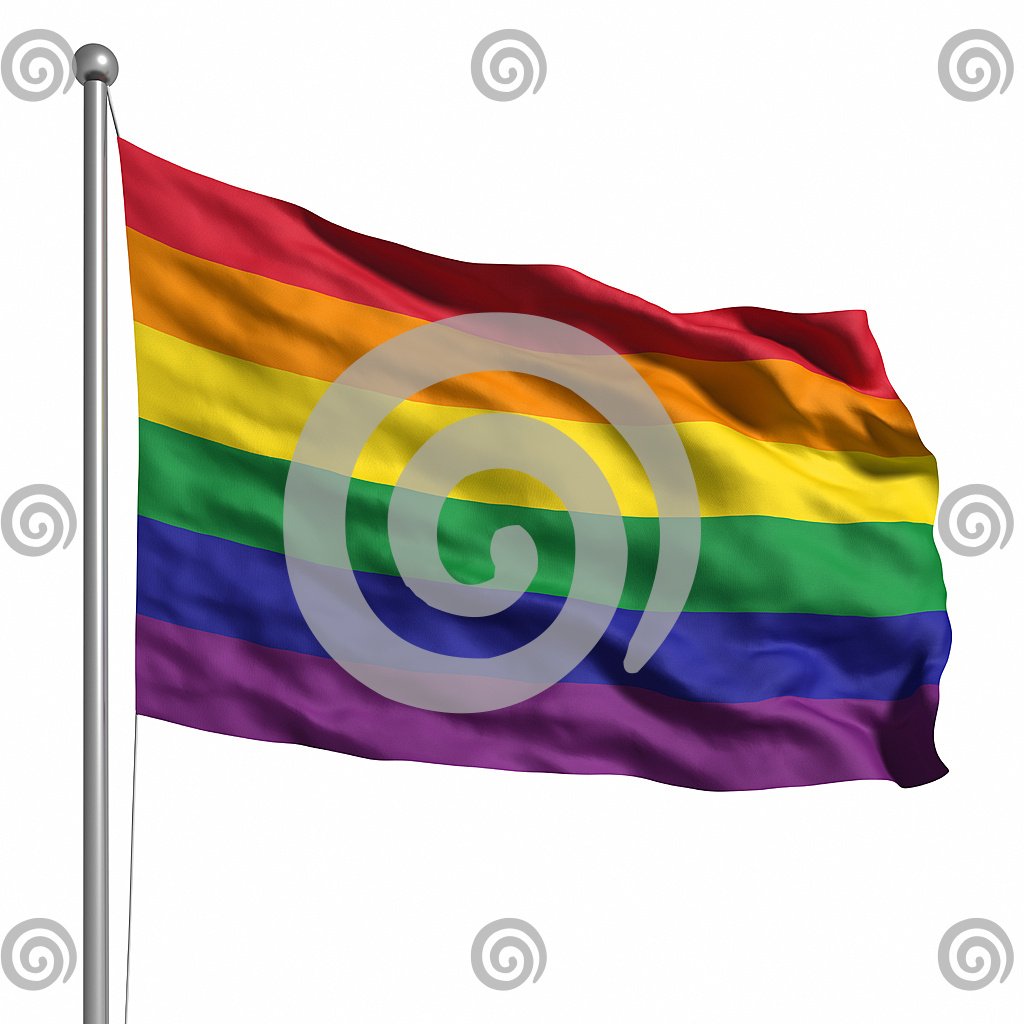I’ve been thinking a lot about cattiness lately.
That’s partially tongue-in-cheek. I’m working hard to market my new release about feline shapeshifters so I’m trying to call up all the words and phrases about cats I can from my mental thesaurus in order to promote the book.
Take a prowl into the world of Werecat.
When a werecougar and a werejaguar get together, watch the fur fly.
Etc.
But that’s not the kind of cattiness I want to talk about.
Cattiness is a (sometimes) artful, aggressive behavior. It’s a way of ridiculing someone in an indirect way. Gay men and women are often described as being catty. I see it as a complex form of marginalization and shaming. Men, especially non-gay men, call gay men and women catty in order to keep them in their place. When gay men and women adopt catty behavior, it becomes a self-fulfilling stereotype.
Cattiness is lateral aggression. It’s putting each other down. It’s vying to get to the top of the heap because attacking someone who really holds power – men, especially non-gay men – is too threatening.
I’ve often been bothered by cattiness, and this recent article by Madison Moore on Thought Catalog got me thinking about the subject again: 15 Things Gay Men Need to Stop Doing.
I tend to respond better to community issues framed more positively, e.g. what about 15 things gay men could start doing? But I thought it was a good conversation-starter. The article talks about gay men’s fear of effeminacy, which Moore says is “misplaced misogyny.” I agree. Most of us have grown up hearing hostile messages about our sexuality: we’re too girly, too flamboyant, swishy, not “real” men, and so on. Why beat up each other with the same B.S.?
Meanwhile, here in New York City, there’s been a shocking rise of physical assaults against gay men, including a murder. Both the victims and the perpetrators have been young men of color. I see it as another form of lateral aggression. Pick on someone who you perceive as weak in order to experience a sense of power.
What does it accomplish? No real power in the ways that matter — culturally or politically or economically.
Gay men being catty toward each other might not have the same deadly consequences, but I think it hurts us. It perpetuates a sense of shame about who we are. Sometimes, that happens by reinforcing shame around effeminacy, which shames women as well. Sometimes it perpetuates shame about other “undesirable” characteristics.
“Can you believe that guy looked at me? He’s such an old troll.”
“That fat queen really thinks he has a chance with me? I’m not into pork.”
Writing about this subject brings up mixed feelings for me. I’m not trying to be preachy. I’m not claiming to be the arbiter of what constitutes cattiness versus what might be joking around between friends, a kind of social bonding that I think is hard-wired in guys’ brains. We tend to communicate through put-downs, most especially among the guys we consider our best friends. It’s kind of an adolescent thing, but really in most cases harmless. There’s no real threatening intention or desire to create shame.
I’m also not claiming to have always been an angel myself.
I was drawn to the topic because in some instinctive way it bugs me when I hear one of my gay friends making fun of another gay man, usually an acquaintance or a stranger, based on physical characteristics, or age, or what he’s wearing, or how he talks, or because he comes across as effeminate in some other way.
If gay men treated each other better, I think we would be a stronger community. I’m not saying we should never criticize each other. But criticism of physical characteristics, like effeminacy, is just cattiness.

